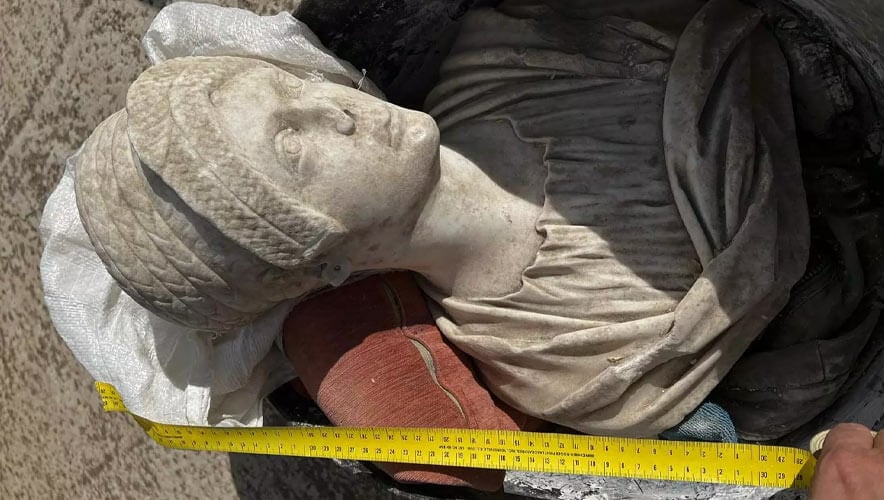Europe's Annual Pandora Operation Results in Recovery of More Than 11,000 Artifacts
In a joint effort across 14 European nations, Europol, and INTERPOL, law enforcement agencies announced the results of an art trafficking sting, touting the recovery of more than 11,000 stolen objects and the arrest of 60 people.
Given the codename of Pandora VII, the operation was spearheaded by Spain’s Guardia Civil and also occurred throughout Austria, Bosnia and Herzegovina, Bulgaria, Czech Republic, Croatia, Cyprus, Greece, Ireland, Italy, Poland, Portugal, Romania, and Sweden. Europol backed the overall operation with information exchange and analytical and operational support. Interpol also provided support in the form of information exchange and subject matter experts, dedicated to confirming, locating, and identifying stolen items—with the assistance of the agency’s Stolen Works of Art Database.
Between 13 to 24 September, law enforcement agents carried out thousands of checks at several airports, auction houses, border crossing points, museums, ports, and private collections. It was during this time that the 60 arrests occurred.
There were also two “cyber patrol weeks” in May 2022 and October 2022, according to press releases from both Europol and INTERPOL. During these weeks, there were more than 8,495 online checks and 4,017 stolen artifacts were seized by law enforcement.
“Gardaí have confirmed that members attached to the Garda National Bureau of Criminal Investigation (GNCBI) Arts and Antiquities Unit participated in Pandora VII as part of a cyber patrol that was led by the Dutch Police,” the Irish Examiner reported.
The operation resulted in some notable recoveries, according to statements from both Europol and INTERPOL, including:
- “3,073 ancient coins, seized from an online sales platform by the Polish Police Service. An additional 117 Dacian and Roman coins were also recovered by Romanian law enforcement after an archaeological site was looted.
- “77 ancient books in Italy which the Italian Command for the Protection of Cultural Heritage seized from an online marketplace. The books had been stolen from the archives of a monastery.
- ”48 religious sculptures and other religious artefacts were recovered by the Portuguese authorities. These objects are believed to have been linked to a series of 15 robberies carried out in churches across northern Portugal between 1992 and 2003. An additional 41 religious and liturgical objects (icons, altarpieces moldings, etc.) were also confiscated by the Hellenic Police after a house search in Greece.
- “13 archaeological artefacts (jewelry, among other things) from the Russian Federation were seized at a post office in Bosnia and Herzegovina.
- “A Roman marble bust of a woman which was recovered by the Civil Guard in Sevilla, Spain. The sculpture is believed to represent Salonia Matidia, the niece of the emperor Traian.”
A spokesperson for Irish law enforcement confirmed that the operation identified several archaeological artifacts in 2022 as items that had not been reported to the National Museum of Ireland and were being investigated, according to the Examiner.
An estimated 130 investigations linked to the operation remain ongoing with the expectation that they will result in additional arrests and seizures.
Since 2016, law enforcement has annually carried out a Pandora operation as part of the framework of the European Multidisciplinary Platform Against Criminal Threats (EMPACT).
In combination with previous Pandora operations, “it’s an impressive total,” according to Euronews. “…Last year’s Pandora VI operation brought the total to 147,050 cultural artifacts recovered and 407 arrests. With the new items recovered, the overall total for all Pandora operations is over 158,000.”










